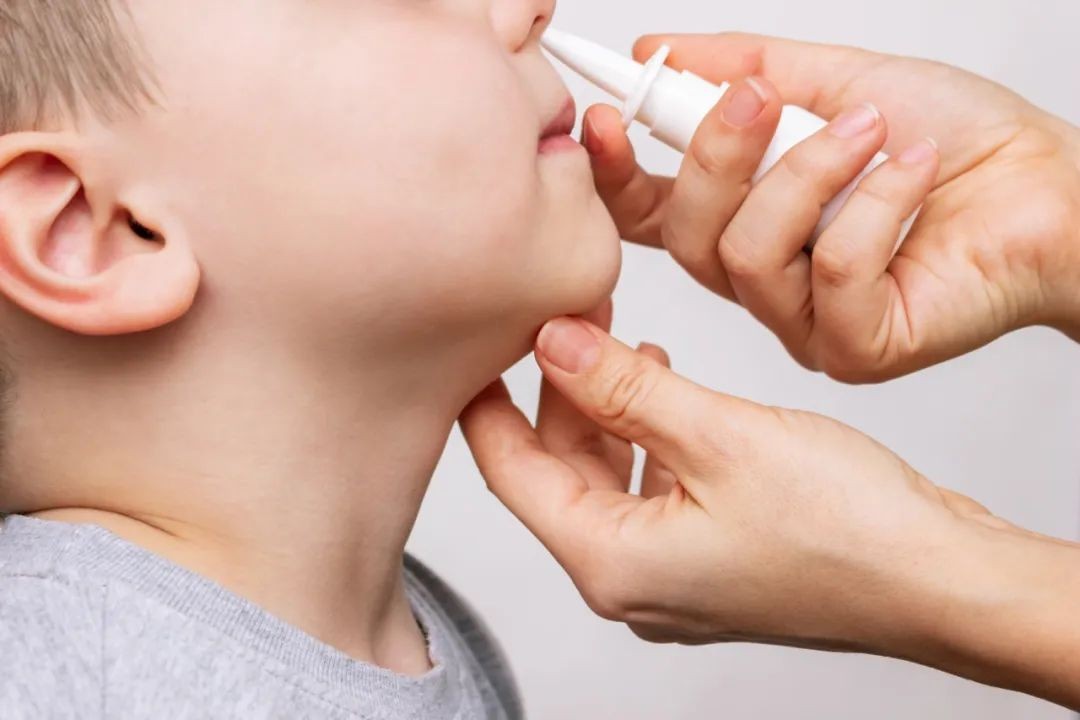Nasal congestion, runny nose, sneezing, itching—
rhinitis symptoms act like invisible shackles,
disrupting daily life for many.
Some patients, desperate for relief,
turn to unproven remedies or overuse "miracle drugs."
Others, self-proclaimed experts from chronic illness,
start and stop medications at will.
Such habits only worsen the harm.
 01
The Trap of "Miracle Drugs" and Folk Remedies
01
The Trap of "Miracle Drugs" and Folk Remedies
Online, countless "cures" flood the market: from secret ancestral herbal powders to overseas nasal sprays claiming "instant relief with one spray." These products often promise DIY solutions without medical guidance.
The reality, however, is alarming:
Many lack scientific validation or clinical trials. Safety and efficacy are unproven; some even contain banned ingredients or excessive steroids. Blind use risks nasal dryness, bleeding, or allergies.
Rhinitis has diverse causes (allergic, infectious, etc.). Self-medicating without diagnosis often leads to
inappropriate treatment.
02
The Cycle of Starting, Stopping, and Switching Drugs
Some patients stop or switch medications prematurely—fearing side effects, overestimating self-control, or chasing faster results. This backfires:
Rhinitis treatment aims not just symptom relief but
long-term inflammation control and mucosal repair. Abrupt stoppage triggers relapse, undoing progress.
Each drug has unique mechanisms. Unsupervised changes risk drug interactions or sensitivity issues.
Certain medications (e.g., decongestants) require tapering to avoid
rebound nasal congestion—a step often skipped by patients.
03
The Golden Rule: Follow Your Doctor’s Orders
Trust that doctors base advice on safety and efficacy. Take
nasal corticosteroids, the frontline treatment for allergic rhinitis since 2001:
Studies confirm
continuous use outperforms intermittent therapy for long-term control.
Standard dosing: 1-2 sprays daily.
Mild/moderate intermittent cases:
≥2 weeks.
Moderate/severe persistent cases:
≥4 weeks.
Behind these guidelines lies decades of research. Doctors translate complex science into simple
"medical advice"—a value no "miracle drug" can match.
"Follow your doctor’s orders" means:
Taking medications as prescribed.
Consulting your doctor first for any concerns or adjustments.
Rejecting hearsay and self-diagnosis.
Listen to your doctor—protect your nose.
Speed recovery with disciplined treatment.
Partner with your doctor—it’s the smartest strategy for nasal health.
